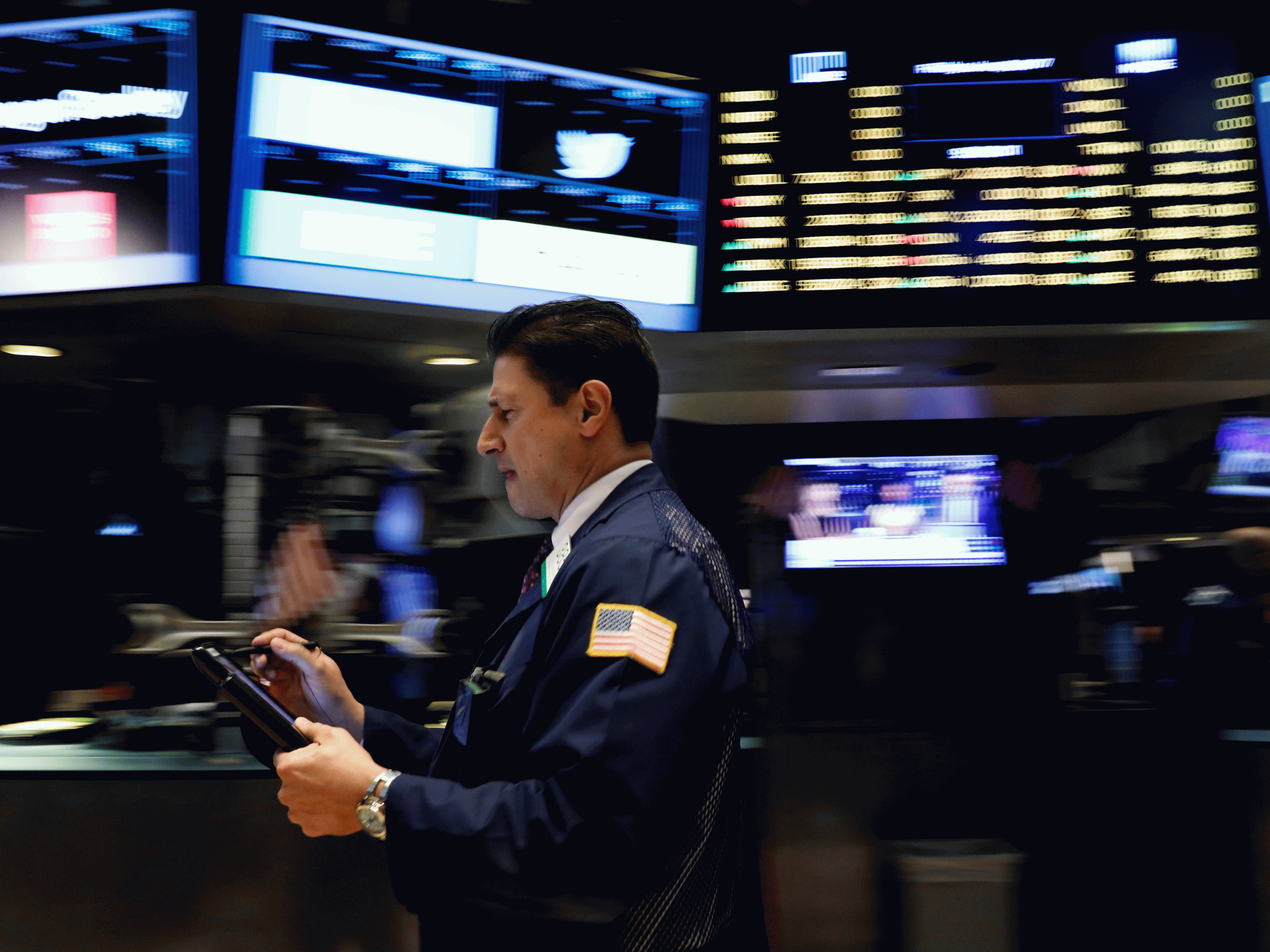The value of the dollar and other things to look out for in economics this week
Just because the pound is now above $1.31 does not mean the pound is recovering its pre-Brexit strength. It just means the dollar is becoming weaker and that is a negative signal for the US


This looks like being a quiet week – which should put us all on alert for something unexpected biting us up the backside. But first let’s focus on that we know is coming.
In the UK the attention will remain on how the economy is faring against the onslaught of negative publicity about Brexit. We have three important bits of UK data: inflation figures on Tuesday, retail sales on Thursday, and public accounts on Friday.
Expect inflation as measured by the consumer price index to come down a little, perhaps to 2.8 per cent. But it will still be well above average earnings at around 2 per cent, so the squeeze will continue. Retail sales will tell us to what extent consumers appear to be confident, though beware drawing too much comfort (or the reverse) from them as more than half of what we spend is not caught in retail sales but rather spent on services, such as cafés, pubs, other entertainment and the like.
The numbers for tax revenues, public spending and borrowing in June are the ones really to watch. How much money the Government is getting in tax tells a lot about people’s spending and earnings. VAT covers most services as well as goods and if revenue is holding up, as it has so far this financial year, that is good news. Employment seems to be strong, also good news, but let’s see how National Insurance Contributions are running. On the spending side we can assume that tight controls will still be there but post the election everyone will be looking for some easing of the public stance.
And borrowing? Well, we are now a quarter of the way through the financial year. It would be comforting if the deficit were still coming down. Last financial year it was under 3 per cent of GDP, just about where it was before the financial crisis of 2008/9. We won’t know Philip Hammond’s plans for the future of spending and taxation until the autumn Budget – assuming he is still Chancellor – but a good first quarter for public accounts is, well, better than a bad one.
In Europe the focus will be on the European Central Bank, which has its last monthly meeting before the summer break. The eurozone economy has been growing well this year, actually a little faster than the UK one. So the path is beginning to clear for the ending of QE and eventually the return to more normal interest rates. The ECB won’t do anything but as always the markets will be seeking to understand what it might do in the future and so the words of its president, Mario Draghi, will be listened to attentively. We all know what is going to happen; we just don’t know when.
Across the Atlantic the noise from politics is drowning out just about everything else. Did you notice, for example, that shares as measured by the S&P 500 hit an all-time record on Friday? That noise will continue unabated, so the thing to do is to listen for signals from the real economy. Whenever markets are so buoyant it is time to ask: what might stop the boom? People are starting to talk of the danger of recession not next year but maybe in 2019. The labour market is tight, with the US effectively at full employment. That is starting to show through in higher pay – though many Americans have yet to see that. Maybe shares in high-tech companies will start to slide, witness the weakness in the Tesla share price last week. On the other hand there are still some strategists expecting a strong autumn, and even arch-bear Nouriel Roubini seems a little less gloomy than he was in the spring.
One particular indicator to watch is the value of the dollar. It has been much weaker in recent days, falling to a 15-month low against the euro and a 10-month low against sterling. Just because the pound is now above $1.31 does not mean the pound is recovering its pre-Brexit strength. It just means the dollar is becoming weaker and that is a negative signal for the US.
Finally I’m interested in China. We get second quarter Chinese GDP figures this week, which look like confirming growth at around 6.5 per cent. That says that the world economy as a whole continues to do not too badly at all. This matters. In the UK we have been so mesmerised by Brexit that we tend to forget that good global growth pulls up the UK too. We might need it.
Join our commenting forum
Join thought-provoking conversations, follow other Independent readers and see their replies
Comments
Bookmark popover
Removed from bookmarks